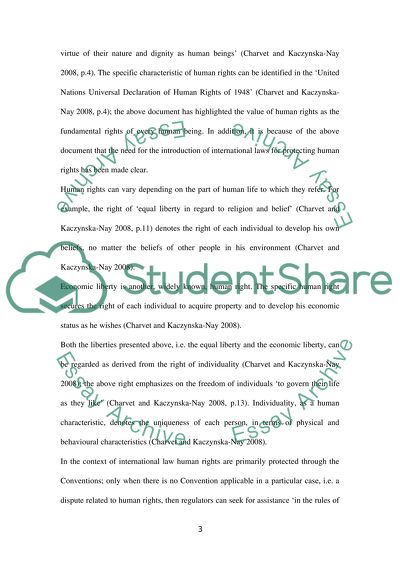Cite this document
(“Why did an international human rights regime develop What problems Essay”, n.d.)
Why did an international human rights regime develop What problems Essay. Retrieved from https://studentshare.org/sociology/1491711-why-did-an-international-human-rights-regime
Why did an international human rights regime develop What problems Essay. Retrieved from https://studentshare.org/sociology/1491711-why-did-an-international-human-rights-regime
(Why Did an International Human Rights Regime Develop What Problems Essay)
Why Did an International Human Rights Regime Develop What Problems Essay. https://studentshare.org/sociology/1491711-why-did-an-international-human-rights-regime.
Why Did an International Human Rights Regime Develop What Problems Essay. https://studentshare.org/sociology/1491711-why-did-an-international-human-rights-regime.
“Why Did an International Human Rights Regime Develop What Problems Essay”, n.d. https://studentshare.org/sociology/1491711-why-did-an-international-human-rights-regime.


